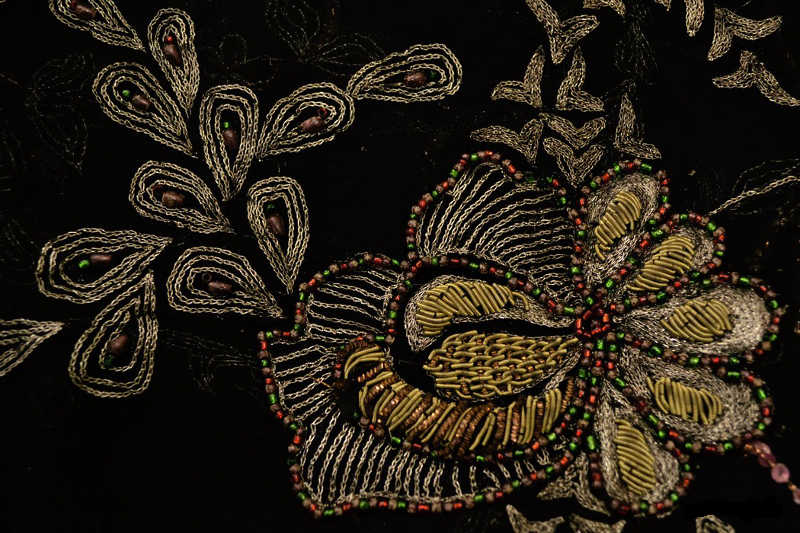===
0428,
14
===

=== |
 |
maḥrūm : 'Forbidden, prohibited; debarred, excluded (from hope, or favour); frustrated, disappointed, repulsed; denied, or refused (a gift, or good, or prosperity); deprived (of), plundered (of); deprived of the support of life; unlucky, unfortunate, wretched; unable to earn anything'. (Platts p.1008)
ʿālam : 'The world, the universe; men, people, creatures; regions; ... —age, period, time, season; state, condition, case, circumstances'. (Platts p.757)
zamānah : 'Time, period, duration; season; a long time; an age; ... —the world; the heavens; fortune, destiny'. (Platts p.617)
FWP:
SETS
MOTIFS == [DEAD LOVER SPEAKS]
NAMES
TERMSIf we look closely at ʿālam and zamānah , their range of meanings is so nearly identical that they differ mostly in emphasis (see the definitions above). Broadly speaking, ʿālam means 'world' first and 'age' second; zamānah means 'age' first and 'world' second. Apart from possible reference to that hadith, what does it mean to exclaim at how many things the 'age' has given to the 'world'? It would make just as much sense to exclaim at how many things the 'world' has given to the 'age', since neither of these abstractly vague exclamations is evocative of anything in particular.
Their chief aim, in my view, is to create just that air of universality, of generalization. Thus the contrast is maximized with the speaker, 'Mir', that one small hapless individual. For the main point, after all, is that in the midst of a vast network of abundance and gift-giving, the speaker is solitary and 'deprived'-- deprived even of his life, since in this state he has left the world.